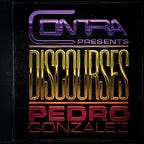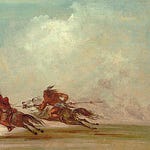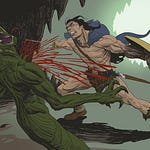Emily Dickenson wrote, “Tell all the truth but tell it slant—Success in Circuit lies.” In other words, truths, especially moral truths, are often best communicated through allegories, symbols, myths—in a word, through storytelling.
Stories shape our conceptions of right and wrong, our past and future, and our identity. They are the reservoirs of memory we draw upon to interpret life, the fertile fields of meaning to which we can always return to find a new harvest in any season. And they accomplish this by capturing our imagination to teach us things in ways indirect—slant and circuitous.
Dr. Matthew Mehan knows something about storytelling. He is the associate dean and assistant professor of government for the Steve and Amy Van Andel Graduate School of Government at Hillsdale College in Washington, D.C. Mehan also contributed a lecture on ancient Rome’s influence on the Founding Fathers to the Florida Civics Seal of Excellence course, a professional development program designed specifically for certified educators in the Sunshine State.
He’s also the author of children’s books: “Mr. Mehan’s Mildly Amusing Mythical Mammals” and “The Handsome Little Cygnet.” I own the latter. My kids love it. It’s beautifully written and gorgeously illustrated by John Folley, an artist trained in academic and impressionist painting with a pedigree that reaches back to the workshops of the Renaissance of Northern Italy.
In this episode, we discuss why storytelling matters, what culture really means, and why we shouldn’t surrender the arts or associate them with limp-wristed liberalism. Mehan takes seriously the hard work of fixing our culture. It will not happen overnight, but it is ultimately the only way out of the forest we find ourselves in today. Ernst Jünger wrote that power struggles are preceded by the verification and destruction of symbols. “This is why we need poets—they initiate the overthrow,” he argued.
Mehan will join me for another episode available exclusively to paid subscribers. This one is free—but I encourage you to pick up his books for your kids or get them as gifts for someone else.













